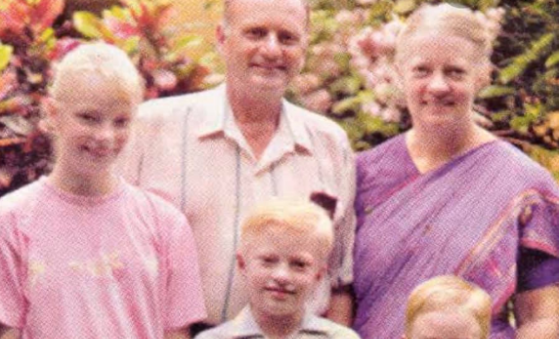
Speaking to a gathering of Eastern Catholic leaders during the Jubilee of the Oriental Churches, Pope Leo XIV offered a heartfelt appeal for peace in war-torn regions, reaffirmed the Church’s deep need for the spiritual richness of the Christian East, and called for stronger efforts to preserve their unique traditions — especially in the face of growing persecution.
“There is a great need to recover the sense of mystery that remains alive in your liturgies,” Pope Leo said Wednesday, addressing Eastern Catholic bishops, clergy, and faithful in the Vatican’s Paul VI Audience Hall. “Your rites engage the human person in his or her entirety.”
There are 23 Eastern Catholic Churches worldwide, united in full communion with Rome but maintaining their own distinct liturgical and ecclesiastical traditions. While rooted historically in Eastern Europe, the Middle East, East Africa, and India, large numbers have migrated to Western Europe, the Americas, and Australia due to conflict and diaspora.
Pope Leo said the contribution of the Christian East to the global Church is “immense,” and emphasized the importance of Eastern spiritual practices often underappreciated in the West — such as mystagogy, ongoing intercession, penance, fasting, and the weeping over sin known as penthos.
“The Western Church must rediscover the primacy of God and embrace the values so typical of Eastern spirituality,” he said. “It is vital that you preserve your traditions without attenuating them for the sake of convenience or to conform to a utilitarian mentality.”
But the pope’s tone turned somber as he acknowledged the growing violence and discrimination that Eastern Catholics face, especially in conflict zones.
“Who, better than you, can sing a song of hope even amid the abyss of violence?” he asked. “Who, better than you, who have experienced the horrors of war so closely that Pope Francis rightly referred to you as ‘martyr Churches’?”
The pontiff named several regions where Eastern Christians suffer: the Holy Land, Ukraine, Lebanon, Syria, the broader Middle East, the Tigray region of Ethiopia, and the Caucasus. “How much violence do we see,” he lamented.
Quoting Jesus’ words from the Gospels, Leo offered a spiritual alternative to the cycle of war. “Christ says: ‘Peace be with you! My peace I give you, not as the world gives it.’ His peace is not the silence after violence, not oppression dressed up as order. It is a gift of new life.”
He vowed that the Holy See would do all it could to help bring enemies together in dialogue, saying, “The Church is always ready to mediate and offer a place for conversation. Peace is not just a desire — it is a duty.”
“To world leaders I appeal with all my heart: let us meet, let us talk, let us negotiate,” the pope pleaded. “War is never inevitable. Weapons must be silenced, because they solve nothing. History belongs to peacemakers, not to those who sow suffering.”
Leo praised Christians — both Eastern and Latin — who have remained in their homelands despite war, violence, and hardship. He called on governments and Church leaders to ensure Christians in the Middle East and beyond are given “real opportunities — not just words — to remain with dignity, security, and full rights.”
In a historical reflection, Pope Leo also cited his namesake, Pope Leo XIII, who reigned from 1878 to 1903 and was known for defending Eastern Catholic traditions during a time when Latinization threatened their identity.
“Over a century ago, Leo XIII warned that preserving the Eastern rites is more important than is generally realized,” the pope said. “He even decreed that any Latin-rite missionary who encouraged Eastern Catholics to abandon their rite should be removed from office.”
Pope Leo XIV reiterated that strong defense of Eastern Catholic identity and called for deeper cooperation between Latin and Eastern Catholic leaders — especially in the diaspora, where Eastern Catholics often struggle to maintain their traditions.
He tasked the Vatican’s Dicastery for the Eastern Churches with drafting new principles and norms to help Latin-rite bishops better support Eastern Catholic communities around the world.
“In their distinctive witness,” Pope Leo concluded, “the Eastern Churches enrich the communities in which they live — and through them, the universal Church rediscovers the face of Christ, even in suffering.”
Rewritten version of the original article from Crux.




